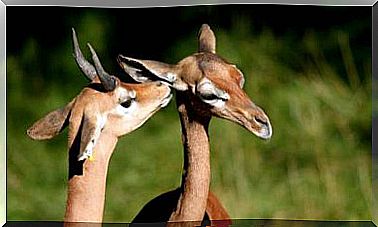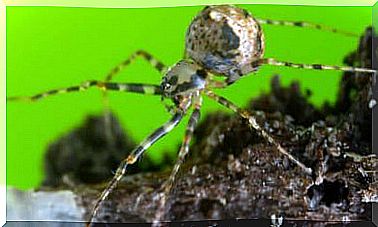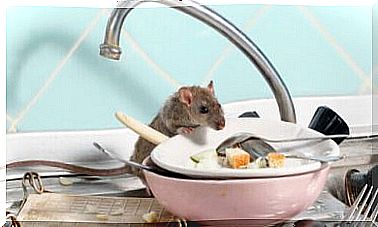Care For Having A Reptile As A Pet

Before deciding to have a reptile as a pet, it is important to fully understand the specific needs of these animals. These creatures are very different from mammals and common sense may not be able to deal with their peculiarities.
Therefore, it is important to emphasize that because reptiles’ behavior and needs are so different from ours, keeping them safe can be difficult for beginners.
You must be prepared to properly care for your pet. It is also important that you buy it from an accredited seller. Here are some tasks you should complete before bringing a reptile into your home:
Provide veterinary care for your reptile
It is important to know that all reptiles are classified as exotic pets. For that reason, it is not the type of animal that a local veterinary clinic is used to receiving on a regular basis.
The reality is that most general practitioners can only test and take care of some very basic problems with exotic pets. In this context, it will be important that, before taking this step, you visit a clinic or a veterinarian specializing in reptiles for instructions.
Create the ideal habitat to have a reptile as a pet
A habitat is different from a cage. While you might want to have a cage to move your pet, a habitat is a reptile’s true home. The cage prevents the reptile from running around the house. A habitat contains everything the reptile needs to survive. It must have food, water, shelter, a heat source and some kind of “landscaping”.
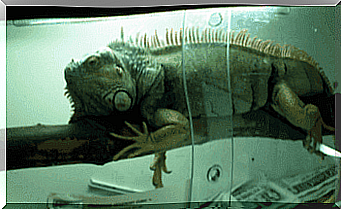
heat and humidity
Reptiles are cold-blooded animals. So most of them will need some kind of heat source in their habitat. This can be done using a hot lamp.
It is important that you have the heat source set to the right temperature for the type of species you have. Also, keep in mind that it may be necessary to change the temperature throughout the year. You will also need to know what moisture level they need and make sure you have these complementary equipment before you bring your reptile home.
disease risk
In many countries, it is not possible to legally keep poisonous reptiles as pets. However, in addition to the legal aspect, it is important to know that reptiles can transmit diseases to other reptiles and also to people.
The transmission of pathogenic bacteria such as Salmonella is quite common. For this reason, it is essential to maintain good hygiene habits to deal with your pet and protect caregivers.
Basic information on reptile biology
In the wild, many reptiles and amphibians go through a process called brumation, which is a type of hibernation induced by colder weather. This process is closely linked to survival in adverse conditions.
If you intend to use your reptile for reproduction, it is recommended to induce hibernation. Considering that managing hibernation at home can be challenging and complex, it is advisable to study the biology of these animals.
Eating habits of the reptile chosen as a pet
This point is crucial for novices, as reptiles have very specific feeding requirements, which are not always suited to what the owners would like.
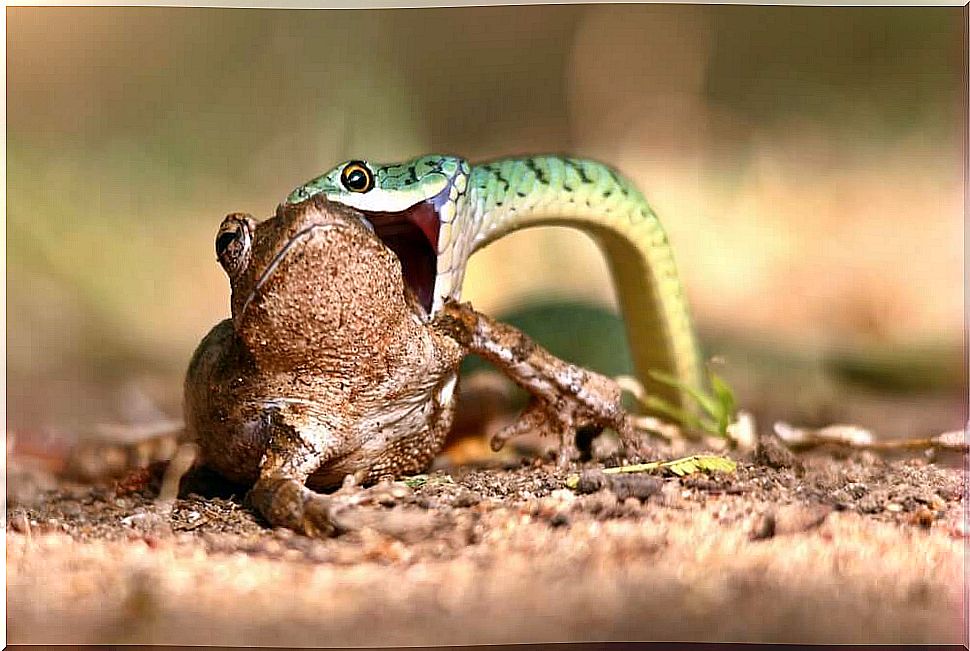
It is necessary to offer small live prey to the animals. However, before that, you should make them more nutritious by administering protein powder. You will also have to clean up the corpses. That’s an unavoidable point for having this kind of pet.
It is important to have a reliable, good quality supply of prey so that you can feed your reptile. Likewise, you will have to be informed about the quality and quantity of food required by the chosen species, as this varies greatly between different species.
Interestingly, in captivity, most snakes feed on mice and rats. Other species, such as lizards, eat insects, but bearded dragons that eat insects also eat fruits and vegetables. There are also species that are strictly herbivores, such as green iguanas.


